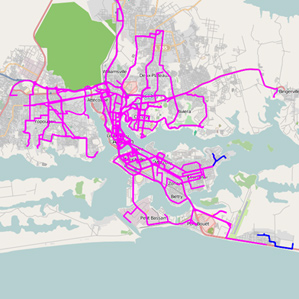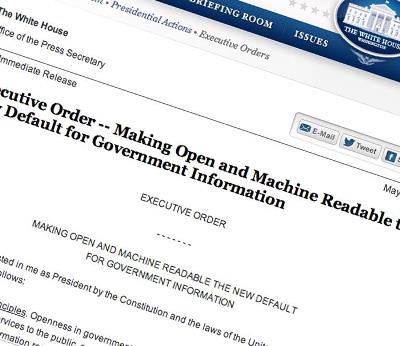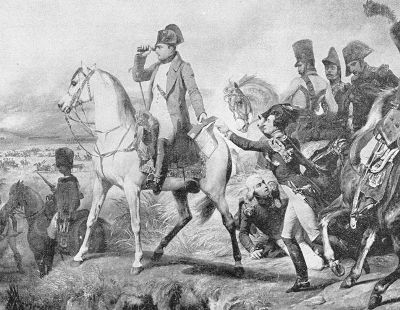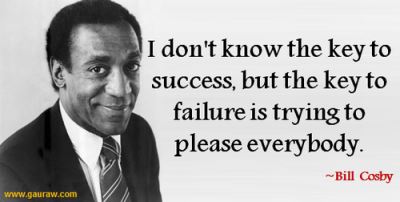Forbes maintains an interesting column by Steve Denning about the paradigm shift in management.
 Steve Denning believes that there is a deep change happening right now, from a shareholder-driven organization towards a customer-centered organization (read: ‘Don’t Diss The Paradigm Shift In Management: It’s Happening!’). According to him, this will require change from a bureaucratic organization towards new management models that are more flexible, agile, and customer-focused. As readers of this blog you’ll know I even believe the change is much more fundamental as it is related to customer collaboration, nevertheless Steve Denning’s view is quite useful for organizations nowadays.
Steve Denning believes that there is a deep change happening right now, from a shareholder-driven organization towards a customer-centered organization (read: ‘Don’t Diss The Paradigm Shift In Management: It’s Happening!’). According to him, this will require change from a bureaucratic organization towards new management models that are more flexible, agile, and customer-focused. As readers of this blog you’ll know I even believe the change is much more fundamental as it is related to customer collaboration, nevertheless Steve Denning’s view is quite useful for organizations nowadays.
As with all paradigm shifts it will be tough and take time – read his excellent column comparing that change to the Copernican revolution – ‘Why The Paradigm Shift In Management Is So Difficult‘. This is entirely applicable to the Fourth Revolution changes.
A paradigm shift is certainly happening, that will take time to be realized by all those that are still in the Industrial Age mindset. Be a Fourth Revolution precursor and see how the new approach of business has the power to change the world!











